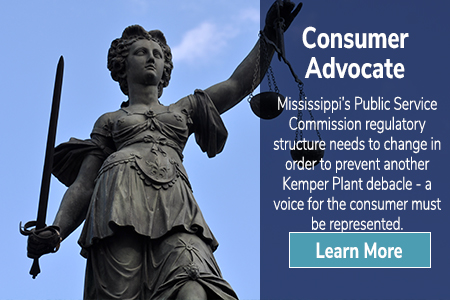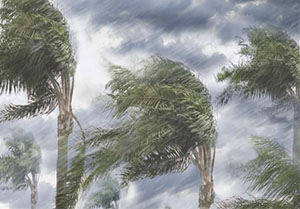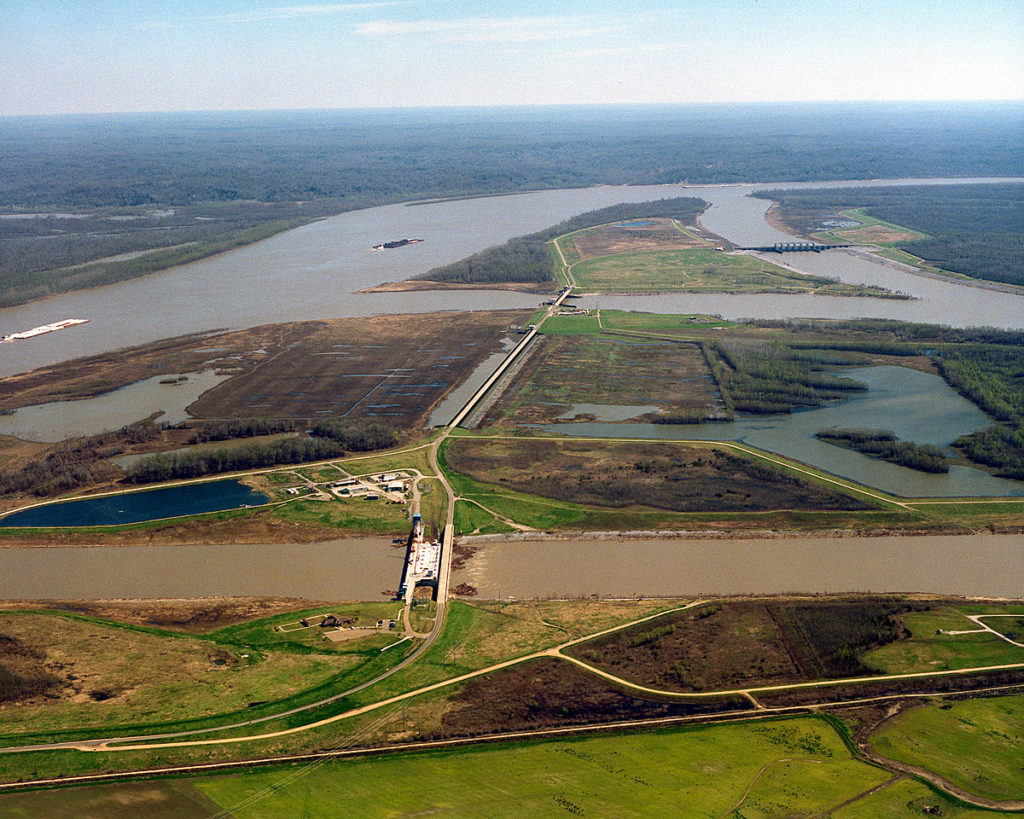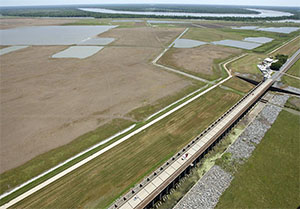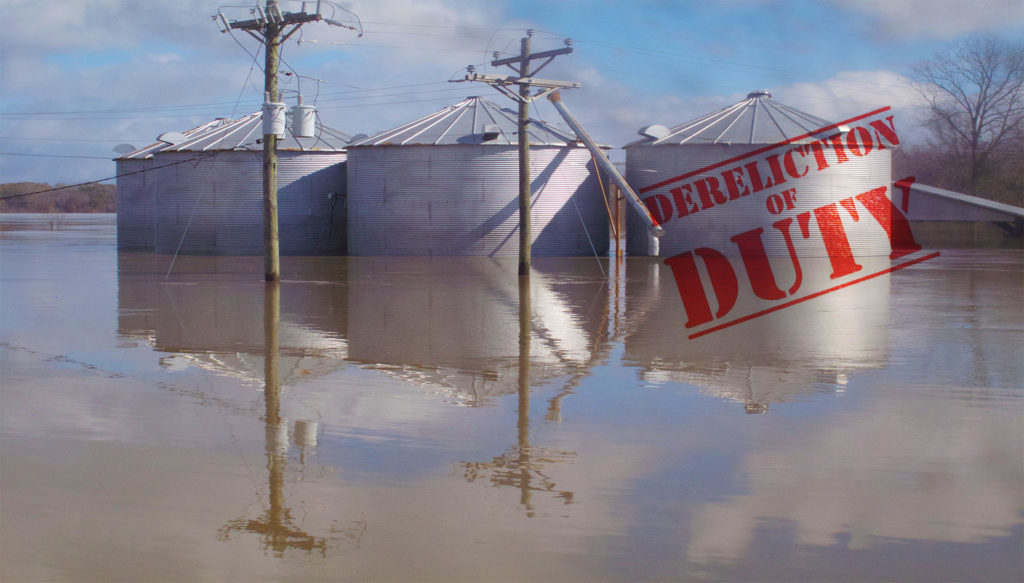Mississippi River Flooding
We think the Corps should operate the ORCC to increase the discharge as the river rises — and that Congress should authorize this. Now. This would lower flood crests, make floods shorter, and reduce the risk of levee failure — and a course change. It would also reduce batture and backwater flooding and the resulting economic and environmental damage on some 1.5 million acres in Mississippi and Louisiana. Time to change the flood control plan – before it’s too late.
Featured Work
Lessons from Hurricane Harvey on Flooding
Storms are random natural events. The consequences may be aggravated or mitigated by intentional acts of man.
Mississippi River Commission: Kelley Williams in Vicksburg August 2017
I appreciate your invitation to testify again. I will testify about backwater flooding at Vicksburg. It’s bad and getting worse — as others will attest.
The Chief Engineer’s Legacy
Elam, of course, didn’t know the Corps would restrict the flow. But he could have predicted the result. The river would back up, rise, flood the batture, and cause backwater floods on the Yazoo and other tributaries.
The Corps vs Mother Nature
We just want the Corps to do its job and speed the floods — all the way to the Gulf.
The Morganza Spillway and the Maginot Line
The Morganza Spillway is supposed to keep the Mississippi River out of Baton Rouge. The US Army Corps of Engineers built it after the epic flood of 1927. It is part of the Mississippi River and Tributaries Project (MR&TP) that’s supposed to protect against another epic flood. But the MR&TP hasn’t been tested by an epic flood. It could be a Maginot Line.
Dereliction of Duty
H.R. McMaster’s 1997 book, Dereliction of Duty, exposed our feckless losing strategy in the Viet Nam War disaster. We didn’t fight to win. McMaster says President Johnson and Secretary of Defense McNamara micromanaged the war to elect and keep Johnson in power. Their strategy of limited response and constraining rules of engagement put our military on…



